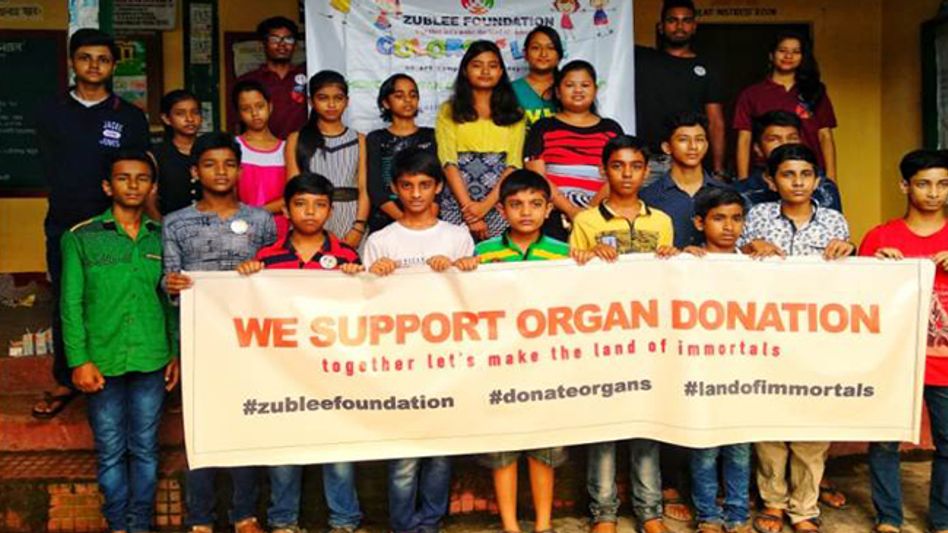13 years after serial bombings killed innocents, ‘Black Day’ observed across Assam
GUWAHATI: Thirteen years ago, on October 30, Assam witnessed massive blasts that claimed lives of more than 50 people in Guwahati itself. The day is marked as a Black Day in the history of the state.
 13 years after serial bombings killed innocents, ‘Black Day’ observed across Assam
13 years after serial bombings killed innocents, ‘Black Day’ observed across AssamGUWAHATI: Thirteen years ago, on October 30, Assam witnessed massive blasts that claimed lives of more than 50 people in Guwahati itself. The day is marked as a Black Day in the history of the state.
The blasts saw bloodshed in Ganeshguri, Panbazar, Kachar , Barpeta , Bongaigaon and Kokrajhar leaving a trail of death and destruction.
According to reports, as many as eighteen bombs went off, causing over 500 injuries.
The explosions in Guwahati ripped through Pan Bazar, Fancy Bazar and Ganeshguri, which were crowded with shoppers and office goers. Three blasts occurred in Kokrajhar, with another possible grenade explosion; one in Bongaigaon and two in Barpeta Road.
The bomb at Ganeshguri was planted in a car and took place about 100 meters from then Chief Minister of Assam Tarun Gogoi's official residence.
Immediately following the attack the State government issued a high alert and called out paramilitary forces to control a potentially volatile situation.
The Aftermath of the Blasts:
National Democratic Front of Bodoland (NDFB – R) chief Ranjan Daimary, who was the mastermind behind the blasts, was sentenced to life in prison by a CBI court last year. He was briefly let out on bail earlier this year for the signing of the tripartite Bodo Accord in January last.
ALSO READ:Project Sadbhawna to help in migrating to e -governance: Himanta Biswa Sarma
Assam DGP Bhaskar Jyoti Mahanta tweeted, “30th October 2008... a black day in the history of Assam. On that day in Guwahati, scores of people died. Assam’s recent history has been full of such gory incidents — of blasts and bullets. Many children were orphaned.”
“ASHWAS a project by Assam Police has been with the children of people killed in such violent incidents. Today, I met a few of those benificiaries under ASHWAS along with the representative from 'National Foundation for Communal Harmony' (Min. Home Affairs),” he further wrote.
Copyright©2024 Living Media India Limited. For reprint rights: Syndications Today









